How Gareth Southgate went from Pizza Hut ads to the brink of history
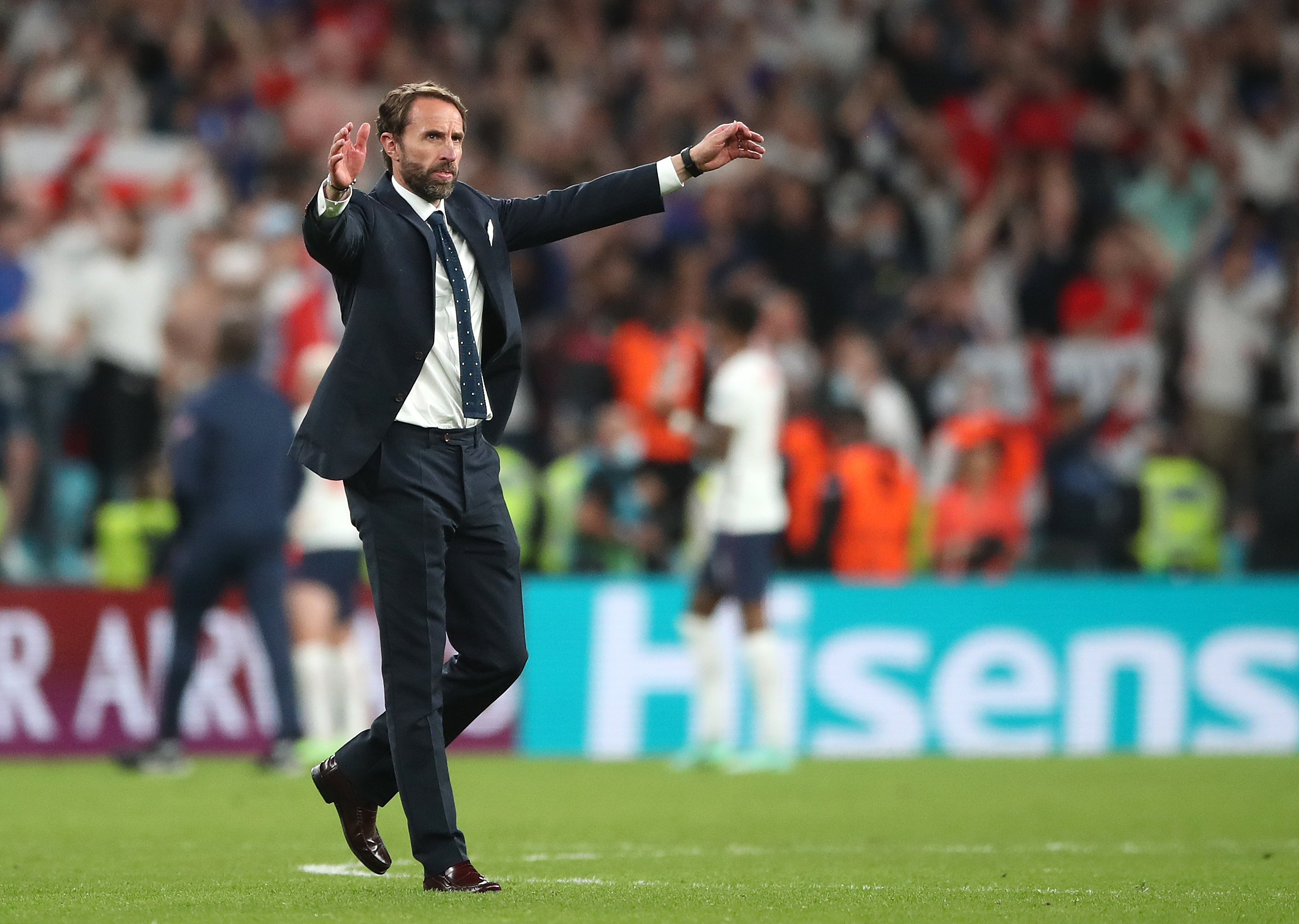
Gareth Southgate has gone from shootout disappointment to national-treasure status having overcome his fear of failure to lead England to the brink of glory.
Victory against Italy on Sunday would bring the Three Lions’ first ever European Championship crown and see this group bracketed alongside the immortal World Cup heroes of 1966.
It is the opportunity of a lifetime for a group of players intent on writing their own history rather than dwelling on the past, which is something Southgate admits he did in the wake of Euro 96.
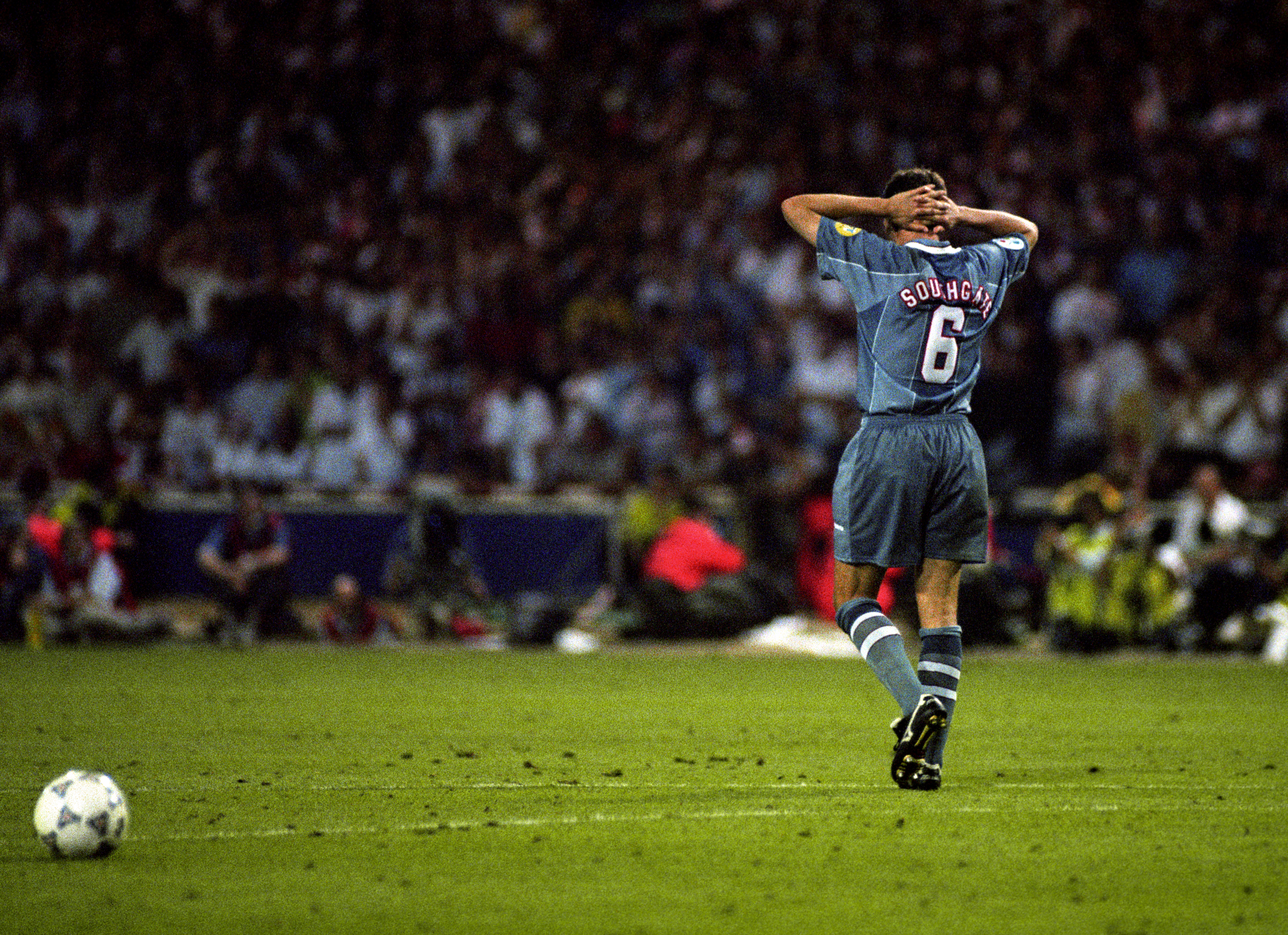
He may have poked fun at himself in a Pizza Hut advert but the truth is the scars from that crucial spot-kick miss in the semi-final shootout against Germany hung over the introverted kid from Crawley.
For all he achieved in the 20 years that followed, the pain of that moment meant Southgate was reluctant to put himself in the national firing line again.
It is for that reason that the bookmakers’ favourite to succeed Roy Hodgson after the humiliating Euro 2016 last-16 exit to Iceland ruled himself out of the running for a job eventually taken by Sam Allardyce.
It was decision that Southgate swiftly regretted but, due to a remarkable turn of events, was quickly rectifiable.
Get FourFourTwo Newsletter
The best features, fun and footballing quizzes, straight to your inbox every week.
‘Big Sam’ made an unexpected exit from the post after 67 days and just one match at the helm, leading to the England Under-21s boss to be parachuted in as temporary manager.
The 57-cap former Three Lions defender grasped the nettle and a promising four-game interim stint proved enough to earn a permanent deal – a whirlwind few months that would help redefine English football.
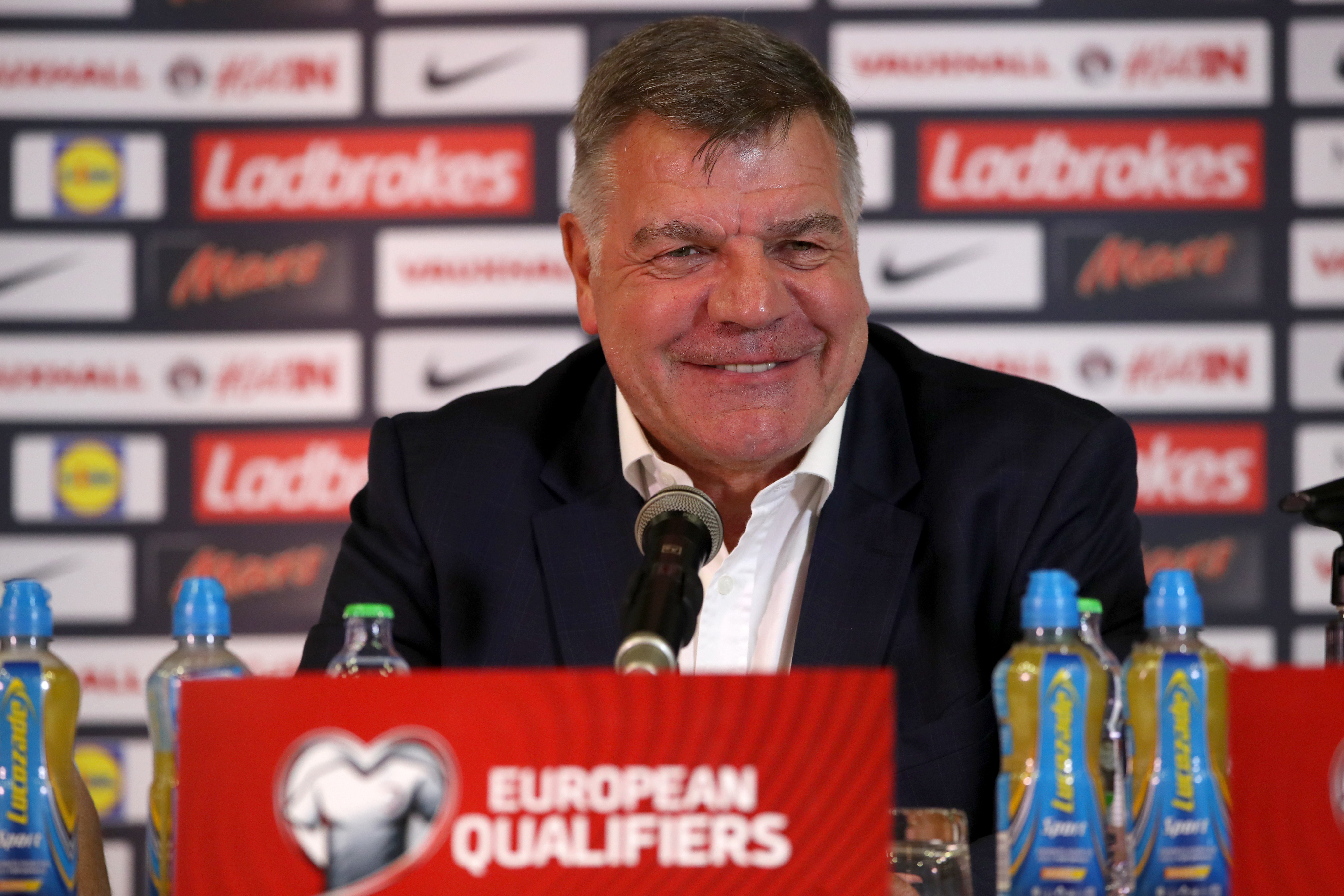
Southgate, resplendent in his waistcoat, led the Three Lions on an unforgettable run to the World Cup semi-finals in 2018, reconnecting the national team with the country. They even won a penalty shootout.
That feel-good summer was followed by a third-placed finish at the inaugural Nations League finals – and another penalty triumph – the following year and now the 50-year-old and his side stand on the brink of history.
Southgate has come a long way from the shy, reclusive boy whose formative years came in West Sussex having been born in Watford in 1970.
The son of Clive and Barbara, he started as a midfielder like his idol Bryan Robson, the Manchester United captain, and received his first football setback aged 13 when Southampton released him.
But he dug in, determined to prove them wrong, and was picked up by Crystal Palace, where he impressed but former youth team coach Alan Smith advised him to become a travel agent unless he toughened up.
Southgate did and built a strong bond with Smith, who would go onto make the youngster captain of the Eagles aged just 22. They won promotion together from the second tier in 1994.
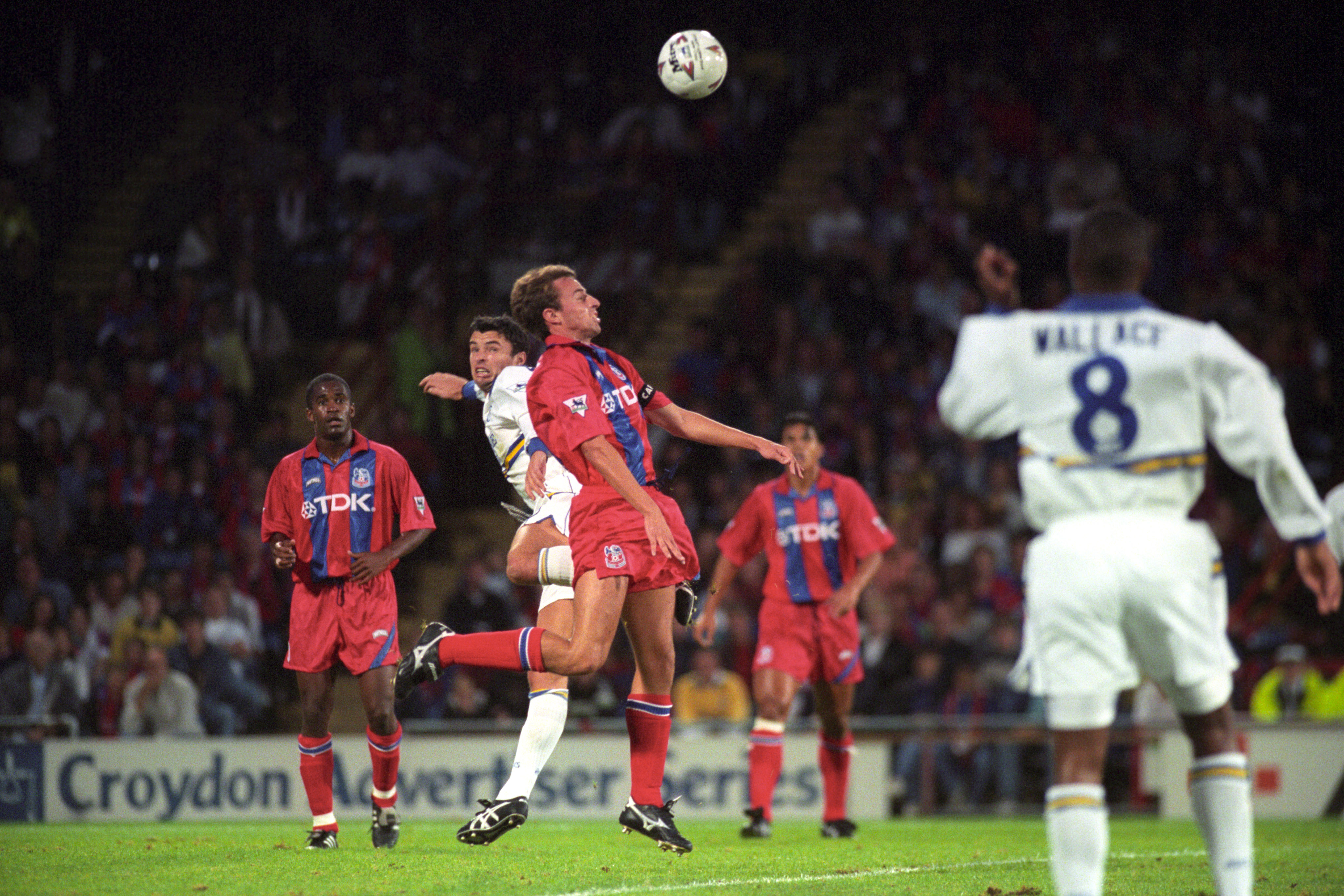
He joined Aston Villa a year later and broke onto the international stage, heading to Euro 96 fresh from bringing the League Cup to Villa Park.
Southgate enjoyed a fine time in the midlands before heading up to Middlesbrough in 2001 in a £6.5million deal that he repaid in spades.
The ex-defender remains the only player in club history to captain Boro to a major trophy and was agonisingly close to adding to that 2004 League Cup as Steve McClaren’s side lost the UEFA Cup final in 2006.
That 4-0 loss brought the curtain down on an impressive playing career, making two European Championship squads and heading to two World Cups.
McClaren took over England after that memorable European run and eyebrows were raised when Southgate succeeded him, especially as the freshly-retired defender did not have requisite UEFA Pro Licence qualification.
Handed a five-year deal and tasked with revitalising the squad in challenging financial conditions on Teesside, he guided them to 12th and 13th place finished before slipping out of the top flight in 2009.
Southgate was relieved of his duties that October and has not managed a club since, spending time doing TV work before joining the Football Association as head of elite development in February 2011.
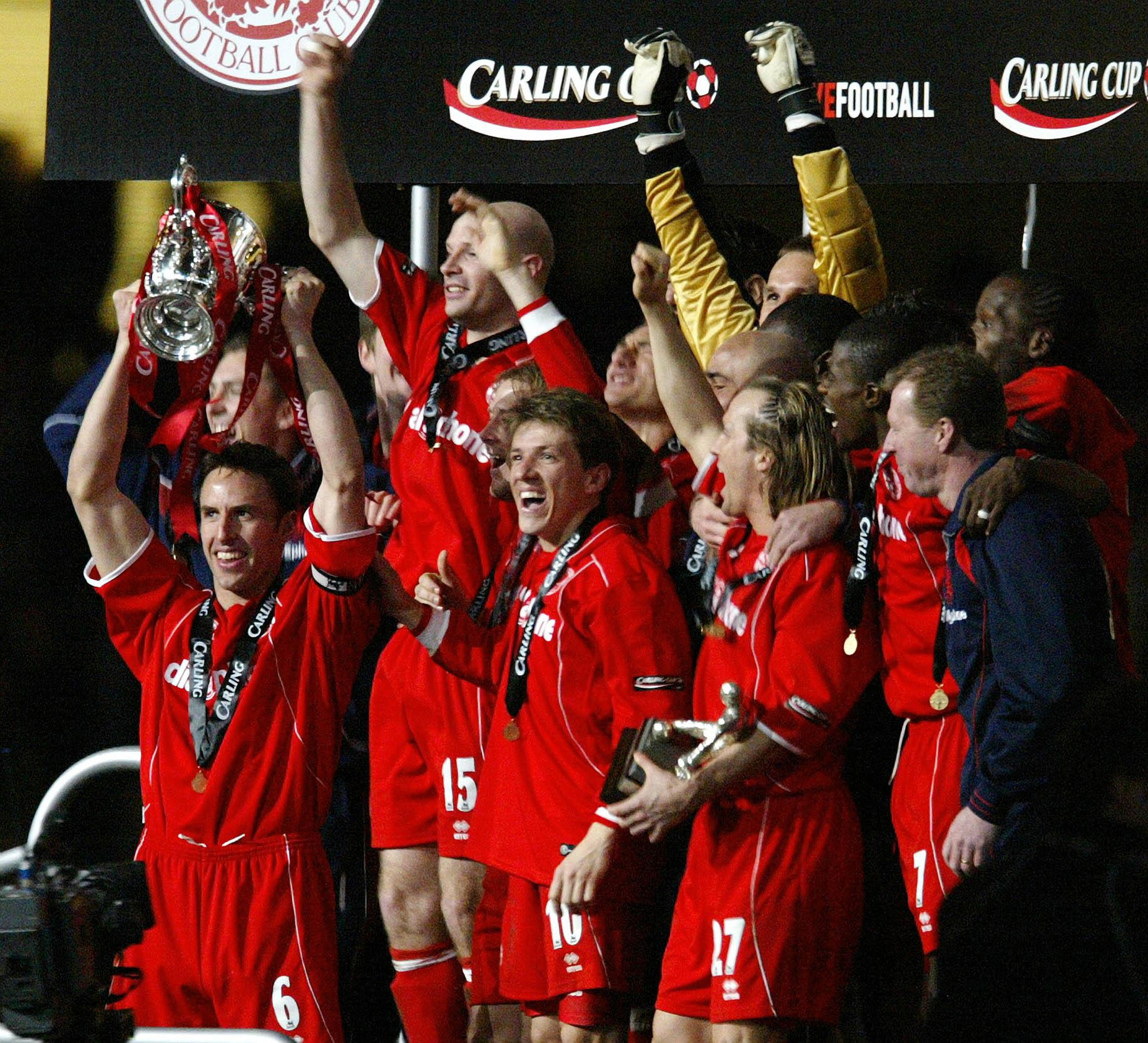
The former defender contributed to the youth development review, with particular focus on changes to kids’ football, and also supported coaching strategies in the build-up to St George’s Park opening.
Southgate played a part in the ‘England DNA’ model, was on the coaching staff at the Under-20 World Cup in 2011 and succeeded former team-mate Stuart Peace as Under-21s boss in 2013.
He was kept on despite a group stage exit at the 2015 Under-21 European Championship in the Czech Republic and led the Young Lions to victory at the Toulon tournament the following year.
That success helped make him favourite for a job that he did not initially feel ready for.
During that summer’s Euros he was with UEFA in a technical observer role, but it was when he returned home and watched former Palace team-mate Chris Coleman fearlessly leading Wales to the semi-final that the penny dropped.
Southgate watched that win against Belgium next to his son, Flynn, at their Harrogate home knowing he had backed away from the England job – the kind of challenge he would have told his boy to take on.
That is part of the reason he stepped out of his comfort zone and into the limelight when Allardyce departed, changing the course of English football.
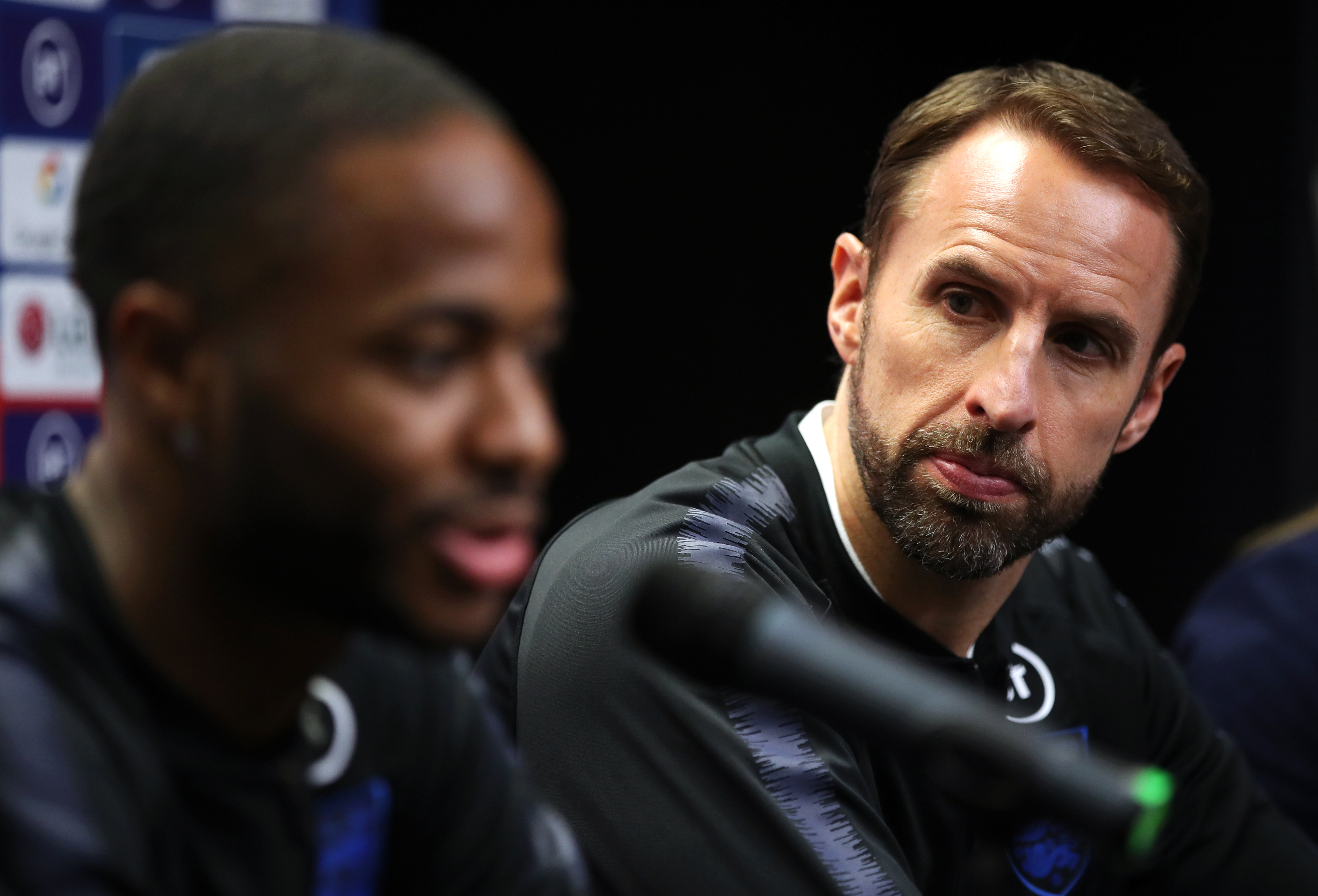
His quiet leadership has seen him go from stopgap to a standard-bearer, with Southgate showing a caring, self-deprecating nature and tactical acumen that some seem desperate to ignore.
Southgate has fostered an impressive team spirit, in no small part to his willingness to back and stand alongside his players on societal issues such as racism.
Now the likeable, eloquent England boss has the chance to join Sir Alf Ramsey in an elite bracket and end 55 years of hurt.
